Casino de Montréal
The Casino de Montréal project will complete the work that began in 1993, during the first stage of renovations that breathed new life in the former France pavilion of the 1967 World Exposition.
The design and renovations were completed in a record time of 10 months. Following its immediate success, the following and limited enlargements were undertaken for the first time in 1994, and a second time in 1996, in the building that housed the former Quebec Pavilion. Twenty years later, a new phase of renovations enabled a comprehensive review of the circulations and resolved some functional problems at the same time.
Electromechanical
Electricity : Boutillette Parizeau / Mecanic : Technika Hba
Photography
Marc Cramer / Stéphane Groleau
Contractor
Doverco
Structure
Pasquin Saint-jean Et Associés - Roche
Lighting
Ombrage
Partners
Menkès Schooner Dagenais LeTourneux Architectes
Other Collaborators
Construction Management: Pomerleau / Audio-Visual: La Pierre Angulaire / Woodwork: Hitech / Blazysgerard (restaurants)
Country
Canada
City
Montreal
Client
Casiloc
Surface Area
45,000 m²
Year
2013
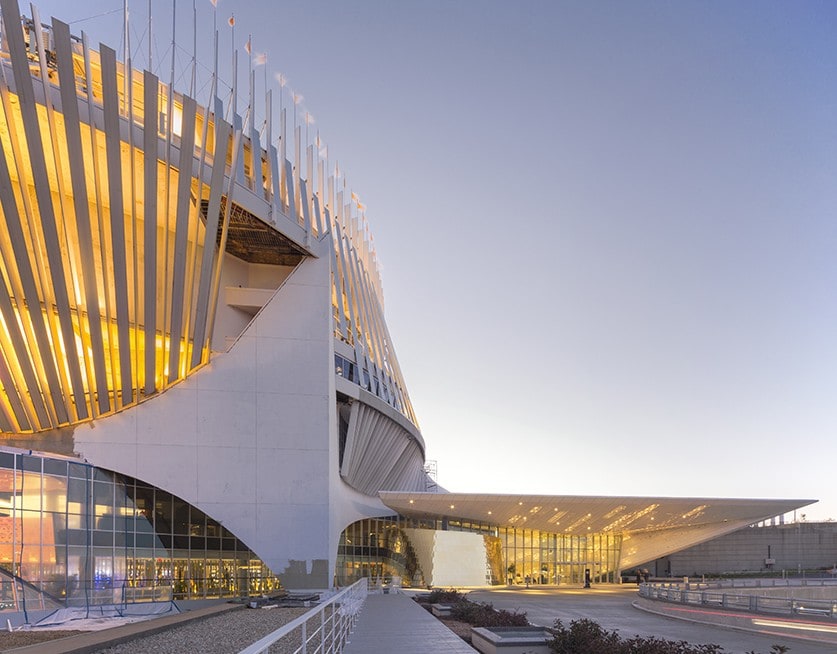
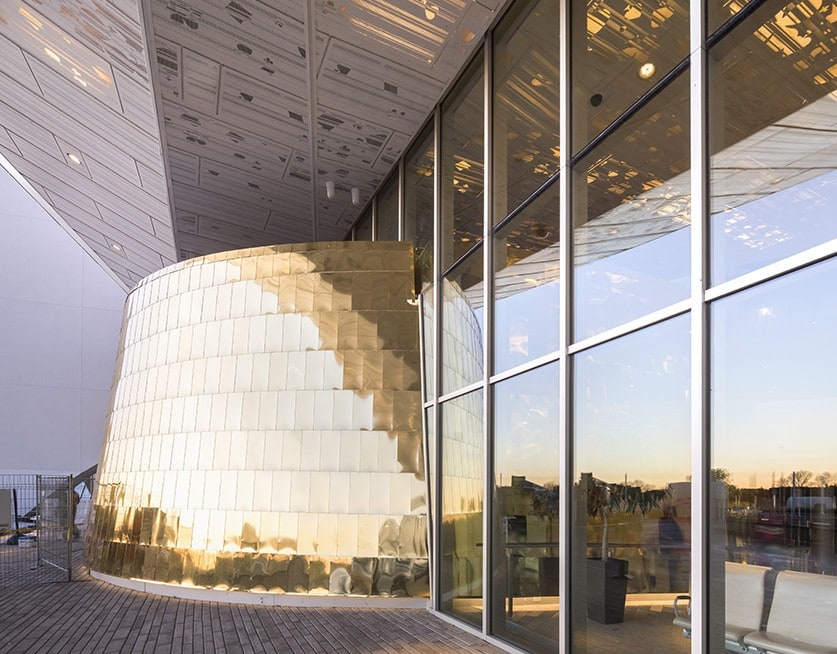
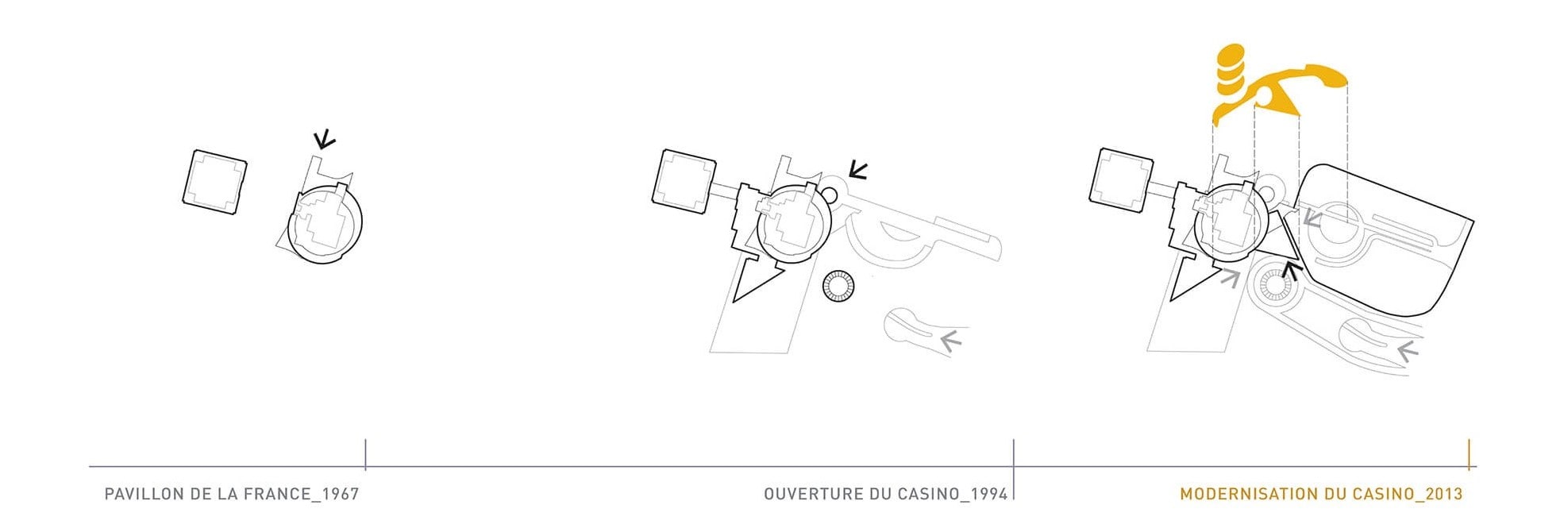
Phase II & III
2007-2016
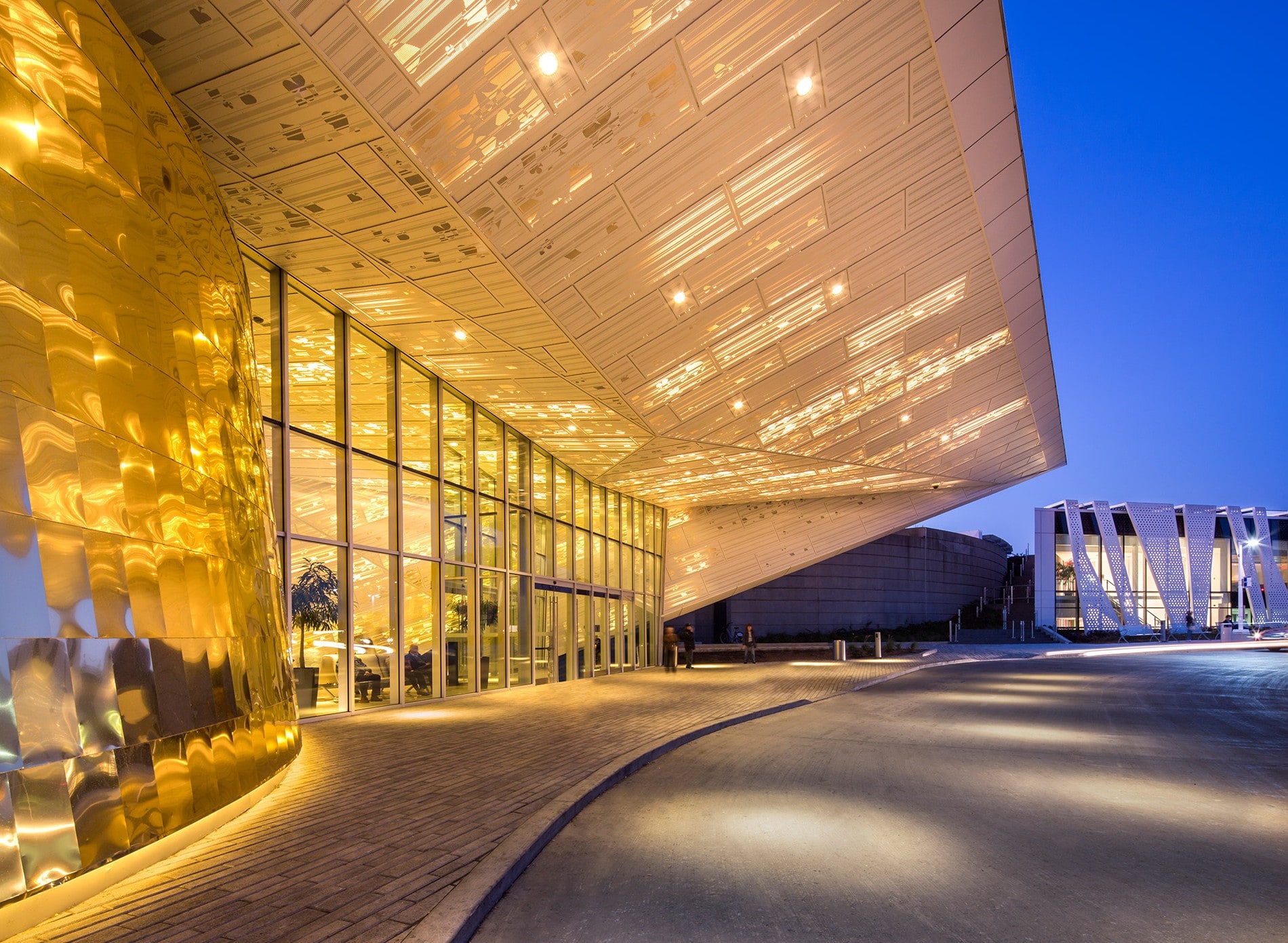
To preserve the unity of the gambling area, the former administrative offices have been relocated outside the building. The multiple previous accesses have given way to a single majestic entrance, covering the reception, which respects the original architectural language of the former French pavilion, in which reception, cloakroom and security services are assembled. Automotive and pedestrian traffic have been streamlined to converge to a single access point and new outdoor areas. Lastly, the project contributes to the public use of Jean-Drapeau Park by providing new landscaped outdoor spaces.
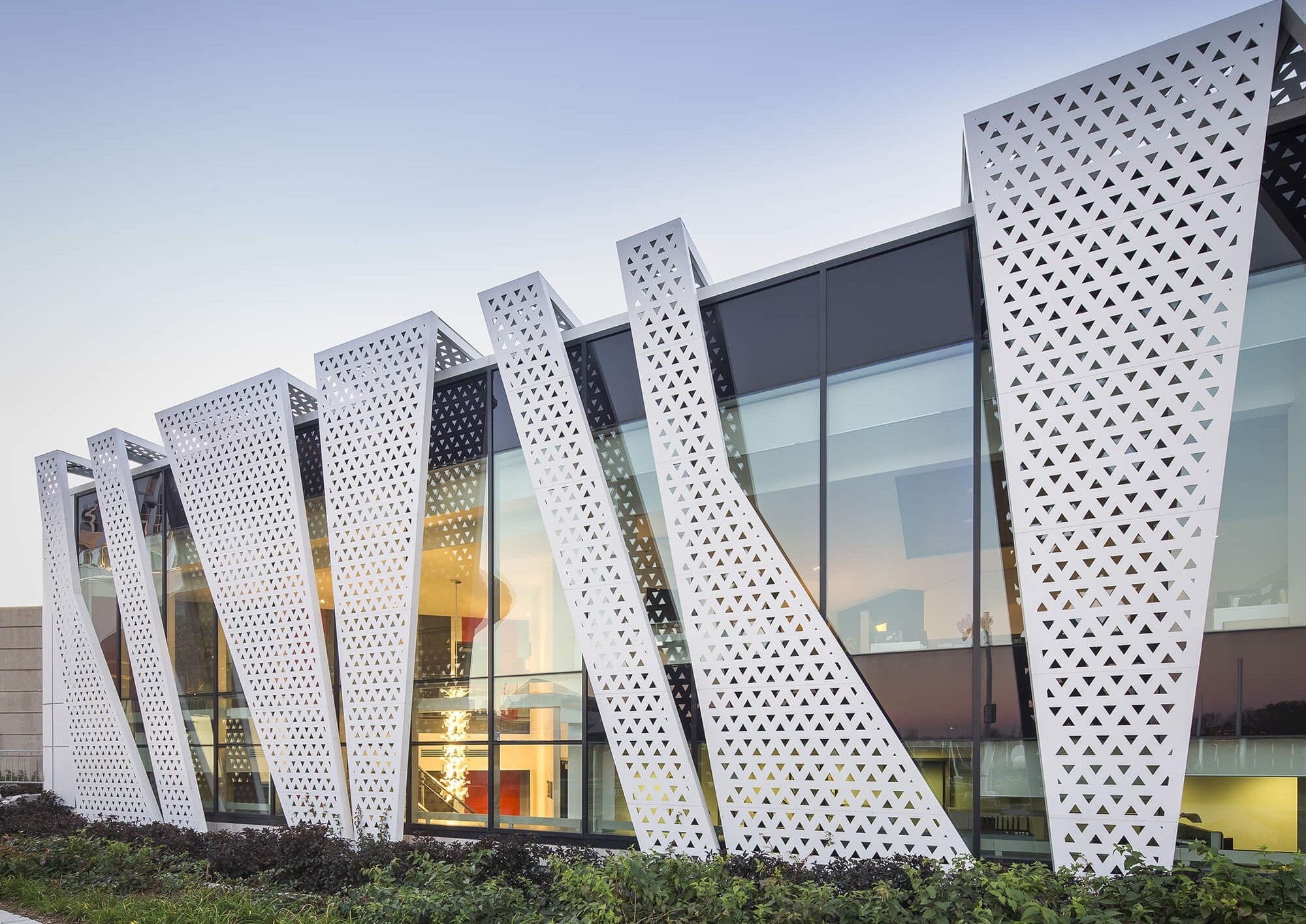
The current renovation project provides the interior space with its own personality, defined by a gaming, light and Montreal spirit theme. Each of the four gambling floors is identified by a playing card colour with the designs discreetly displayed in the perforated aluminium panels on the walls. By the same token, huge mannequins portray the effigy of a card figure (Queen of Hearts, the Joker…) that greets the visitors at the entrance of every recreational zone. Oversized tokens are hung or drawn on the ground to enhance the symbol of the game. Light is omnipresent and is projected by the many lights as well as filtered through the backlit walls. It benefits from the permeability of the space, like the immense open palisade made of laser chiselled chrome pipes that separates the gambling areas from the recreational areas.
Exceptional fact, the Casino’s redesign will have led to the development of a real creative laboratory, with its own research and development budget. The Casino was an unparalleled site of experimentation. With the help of local artisans, all the work on the space and material will have enabled us to assert the building’s unique and singular character even more.
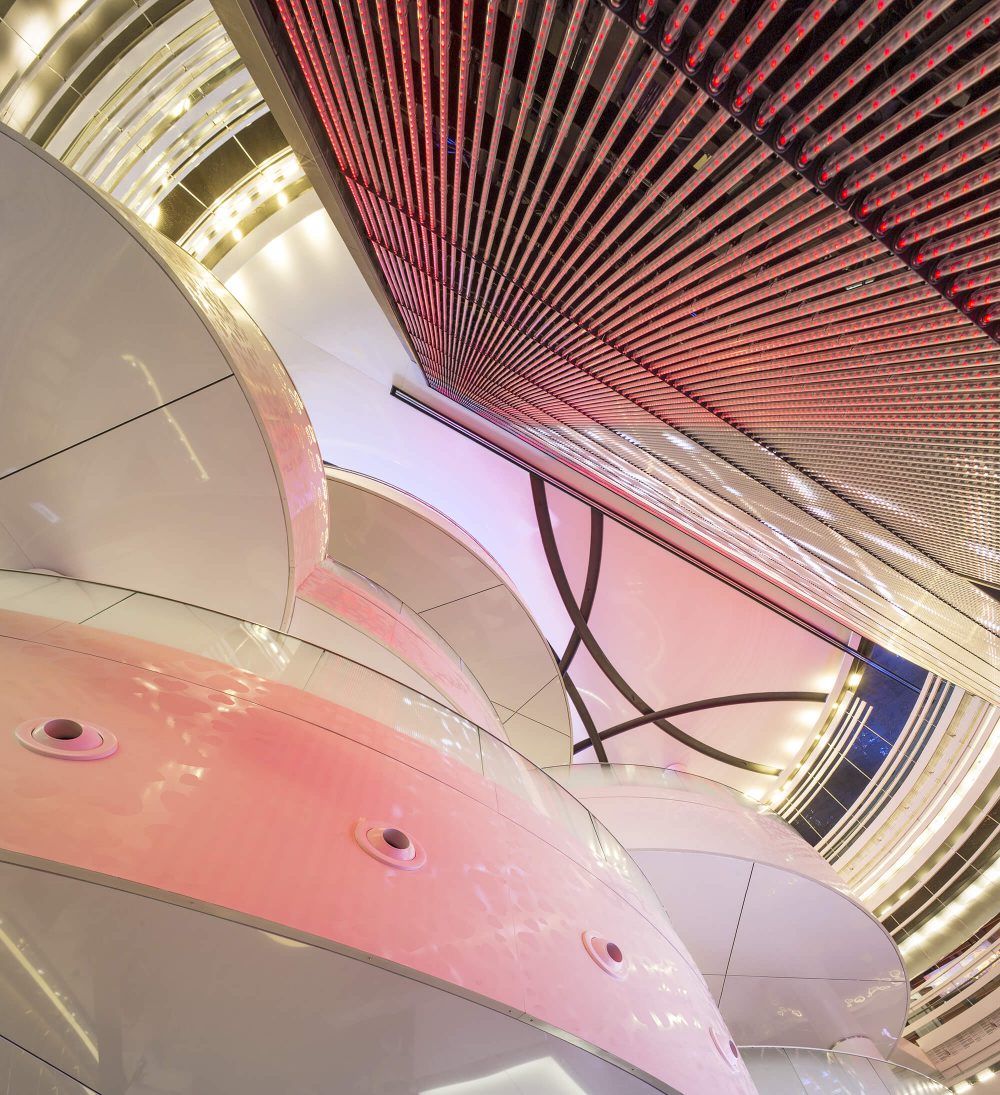
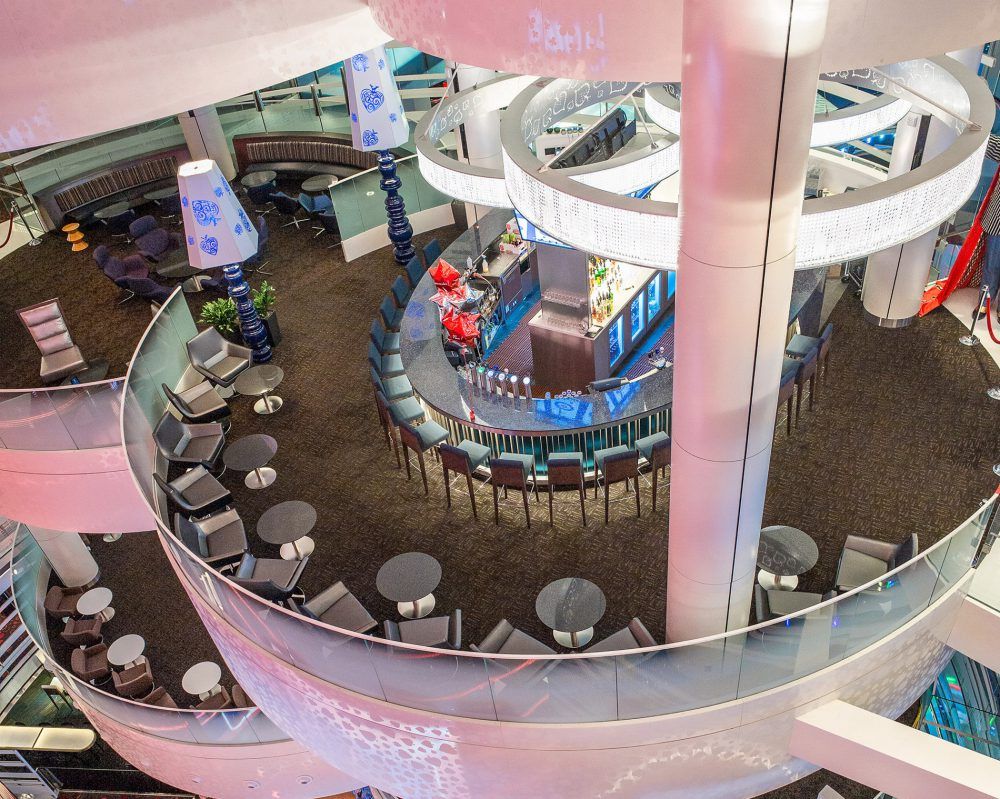
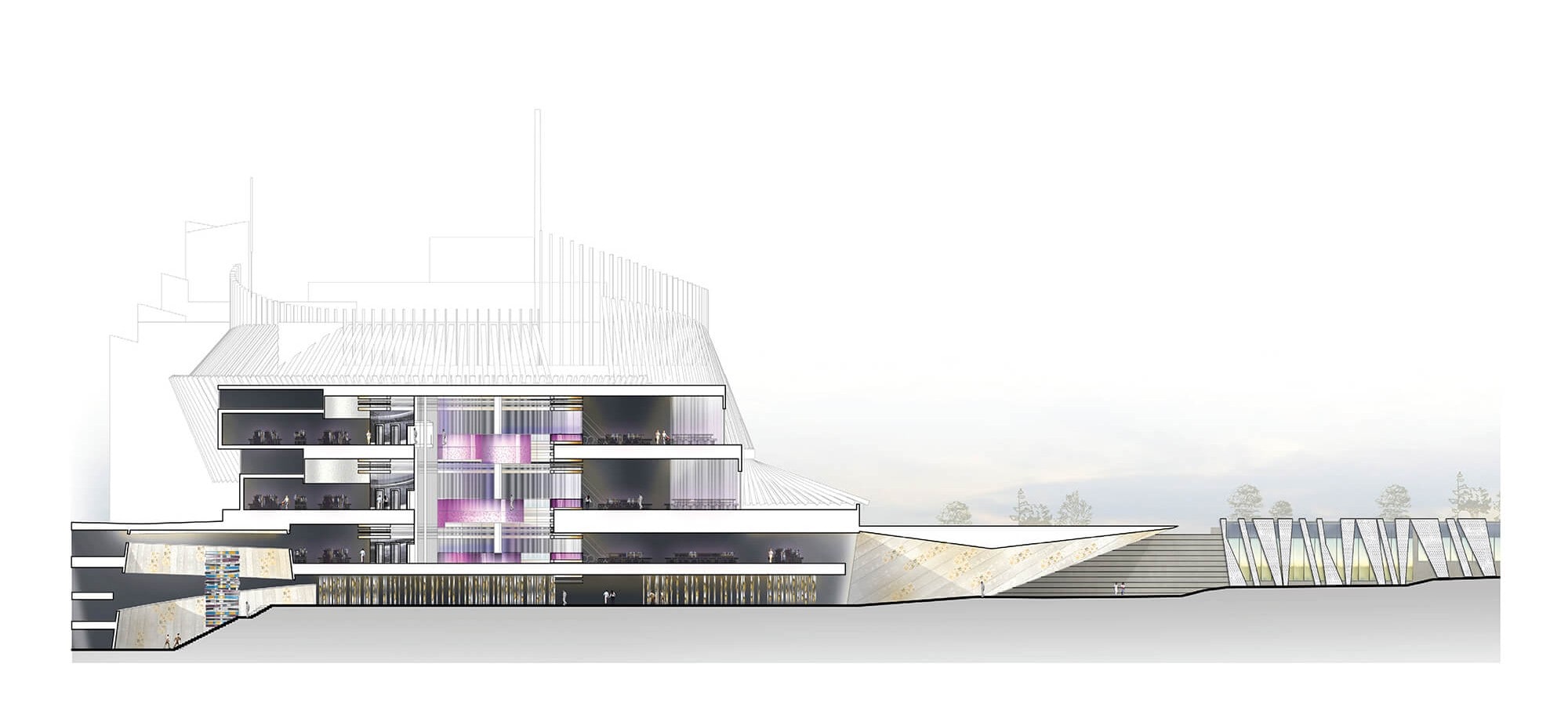
The current renovation project provides the interior space with its own personality, defined by a gaming, light and Montreal spirit theme.
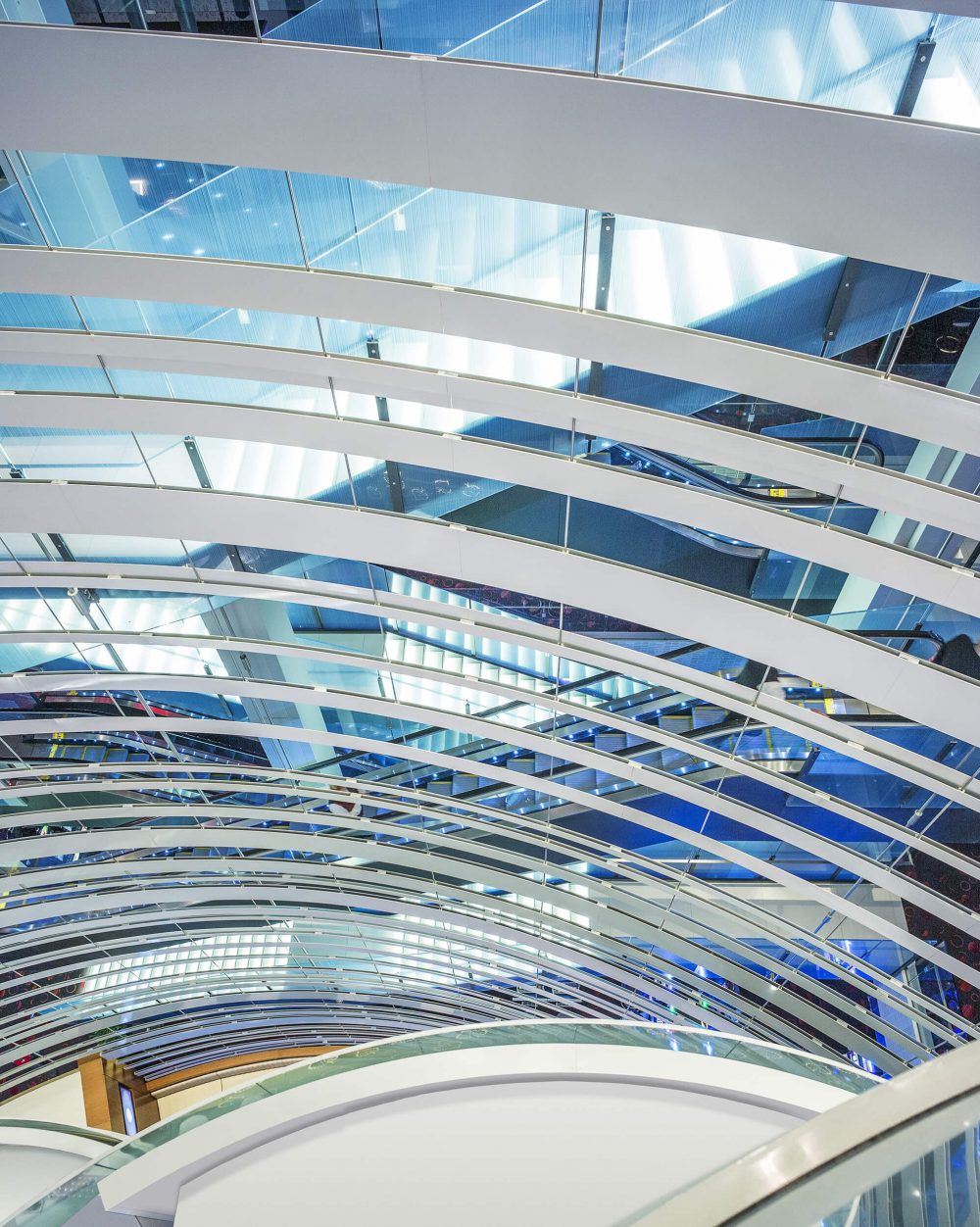
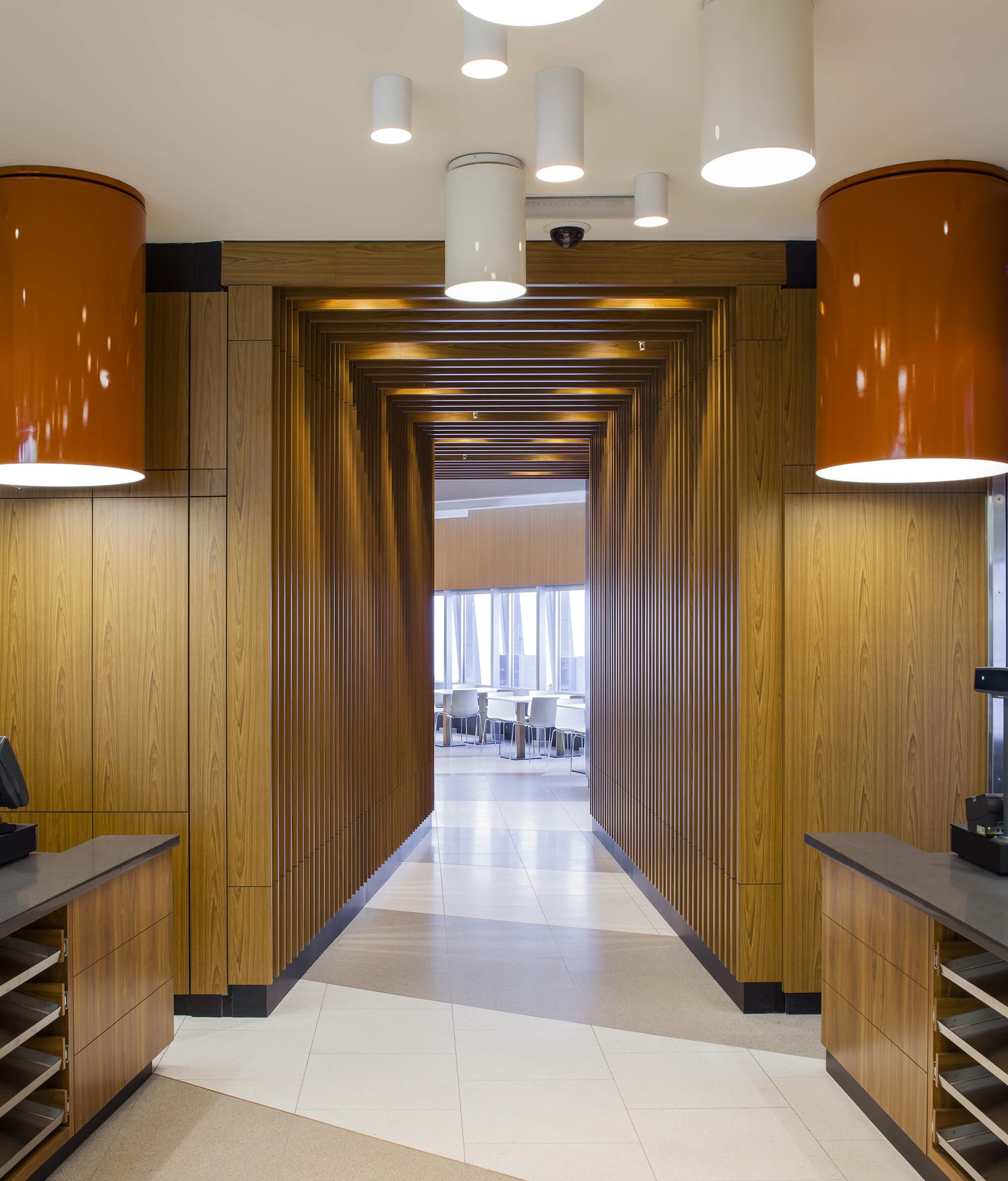
Interior Design
The Provencher_Roy Interior Design team carried out the interior redesign of the whole project, including the restaurants (in collaboration with Blazysgerard), the entrances, gambling areas, common areas and the VIP zone.
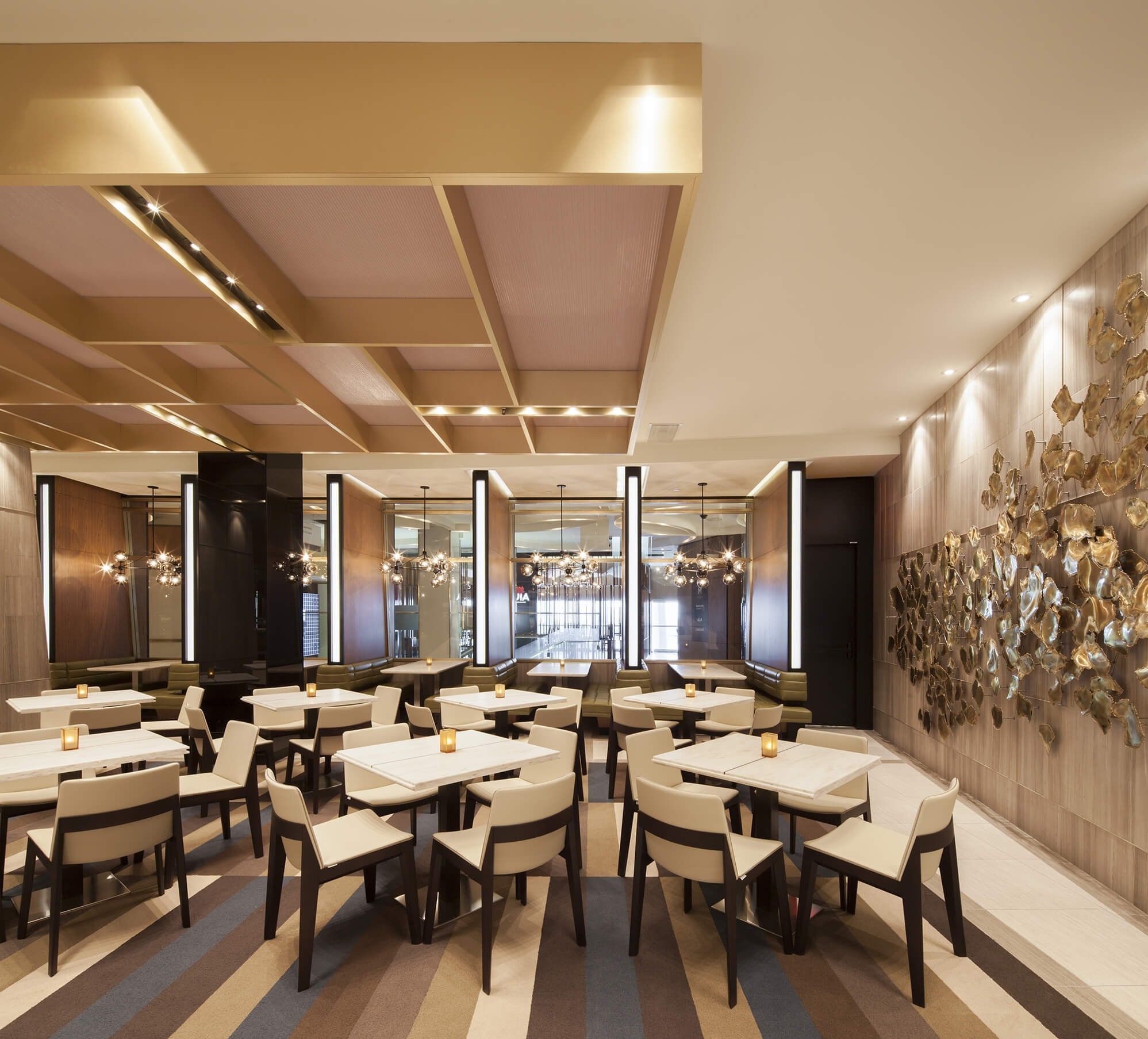
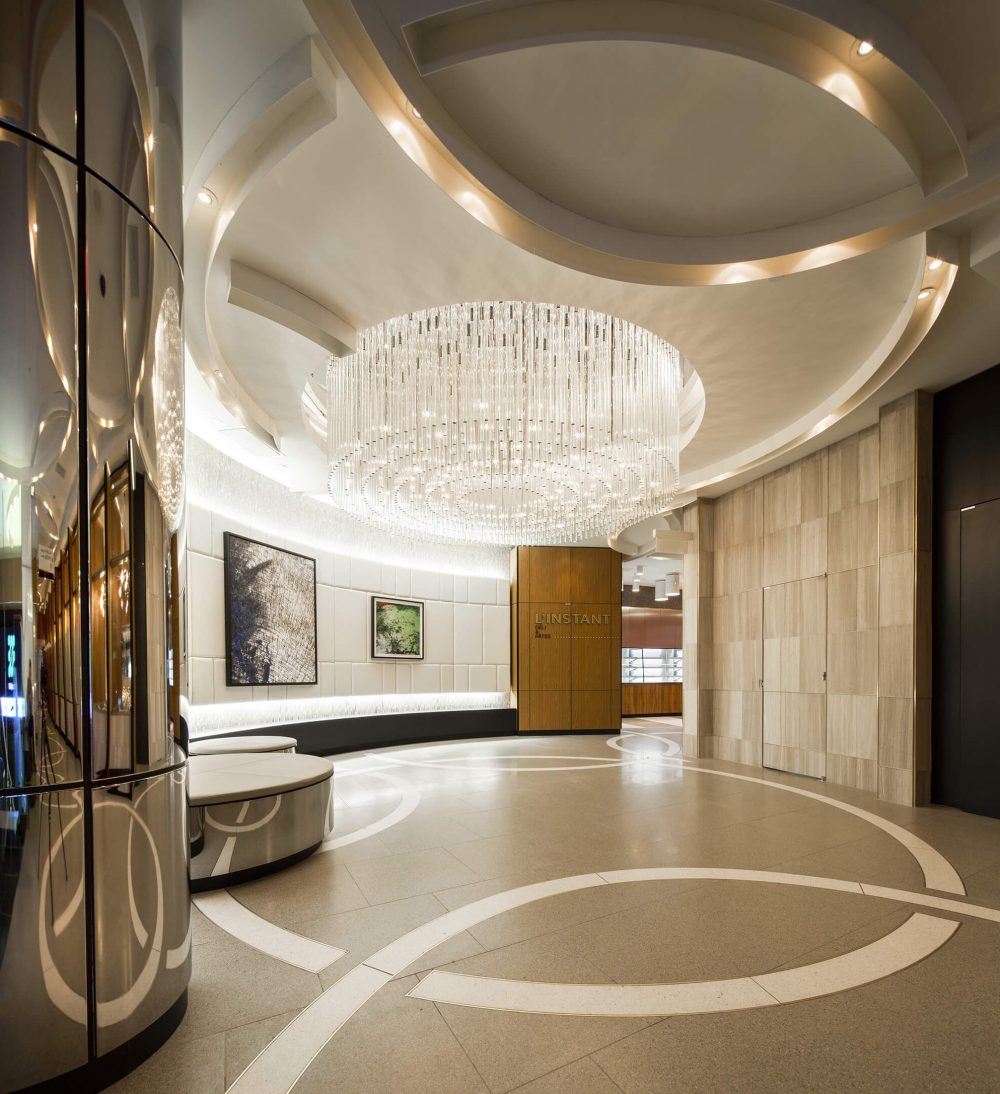
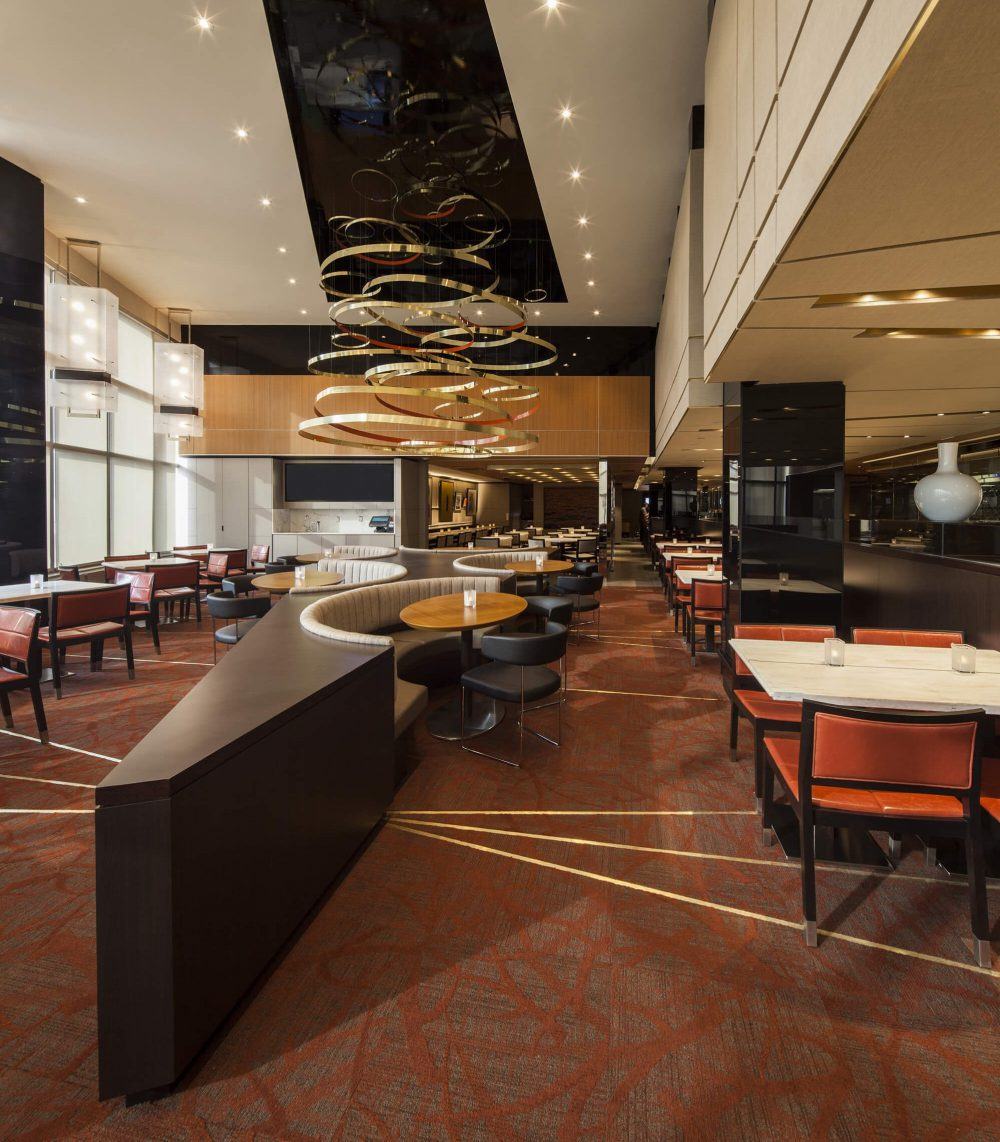
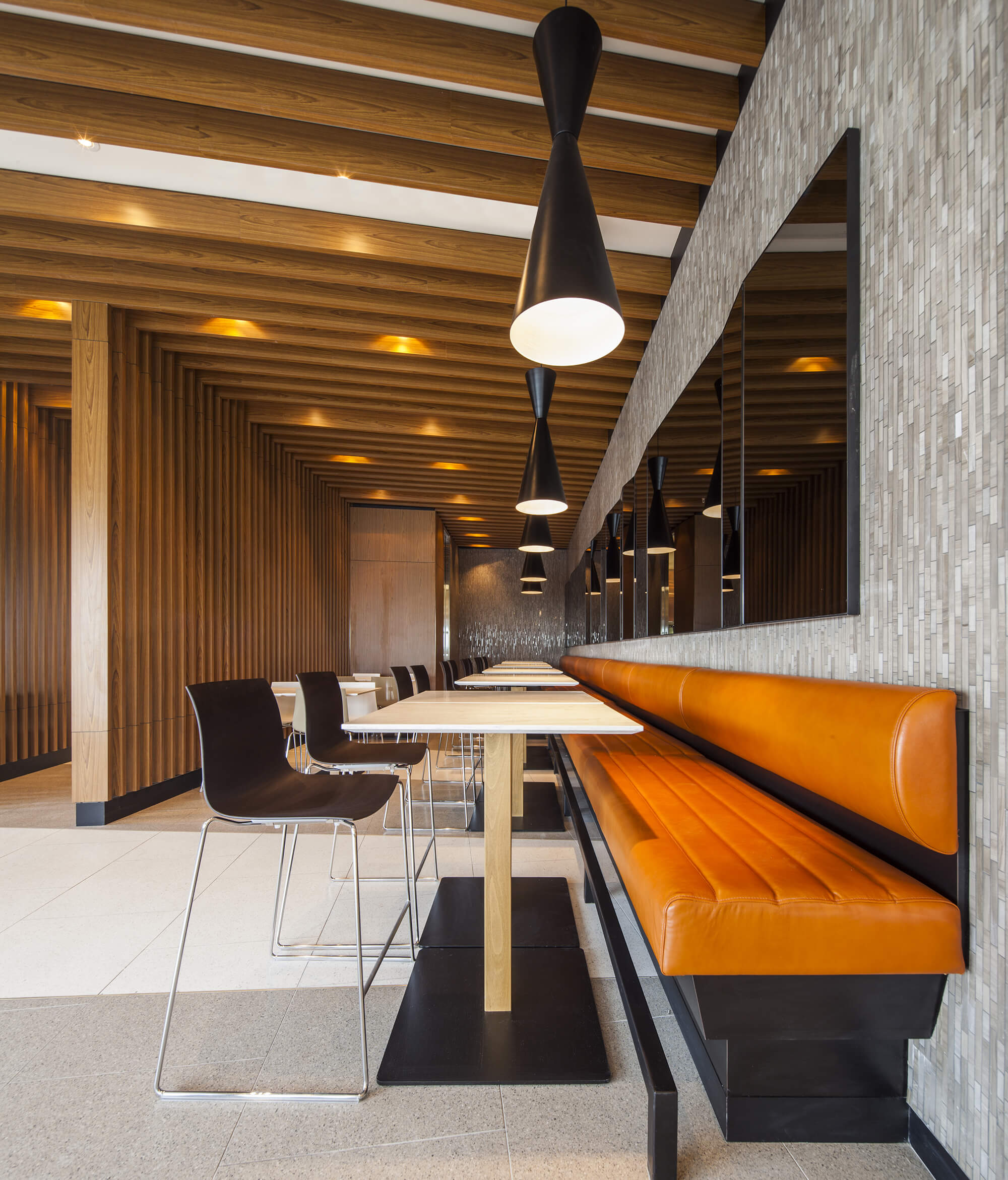
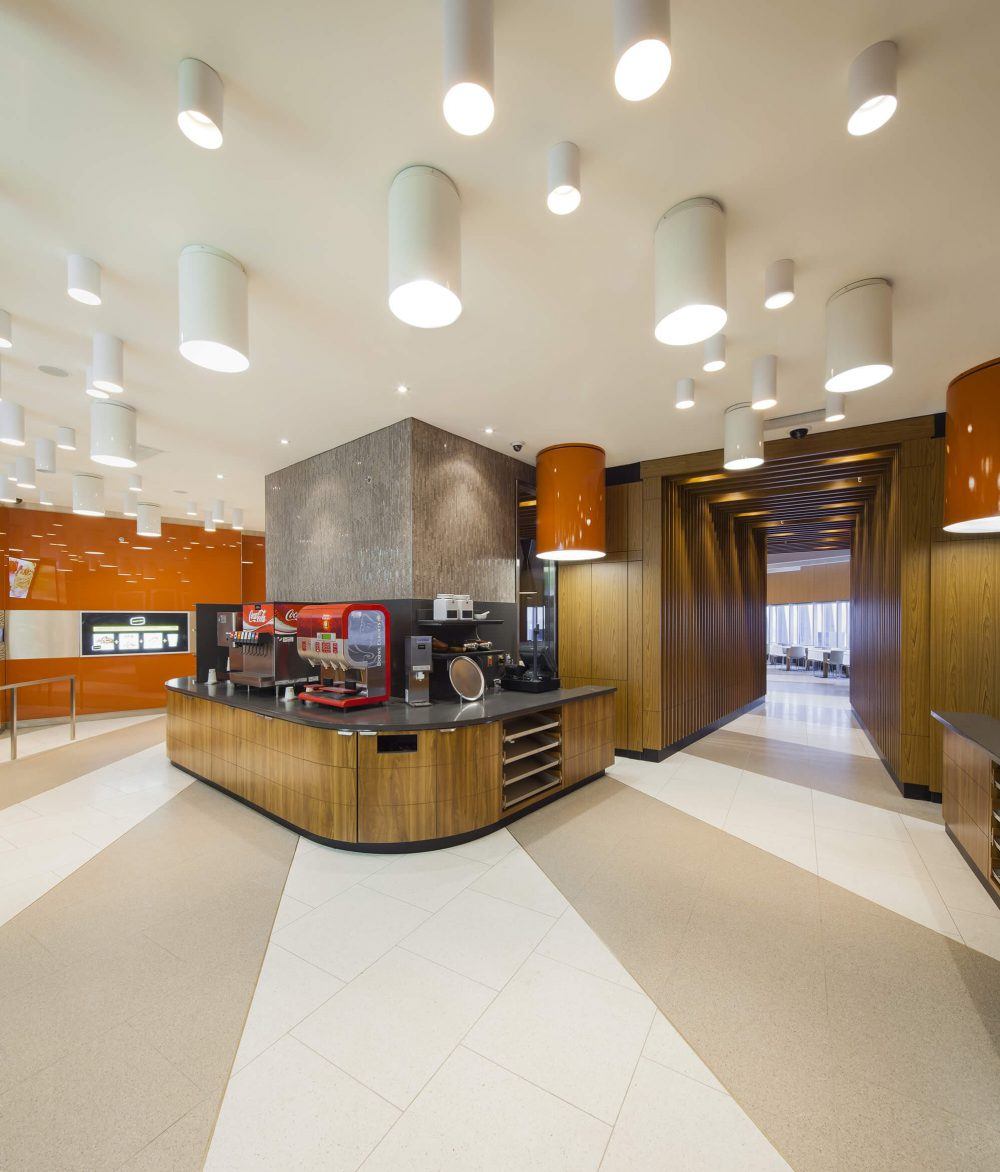
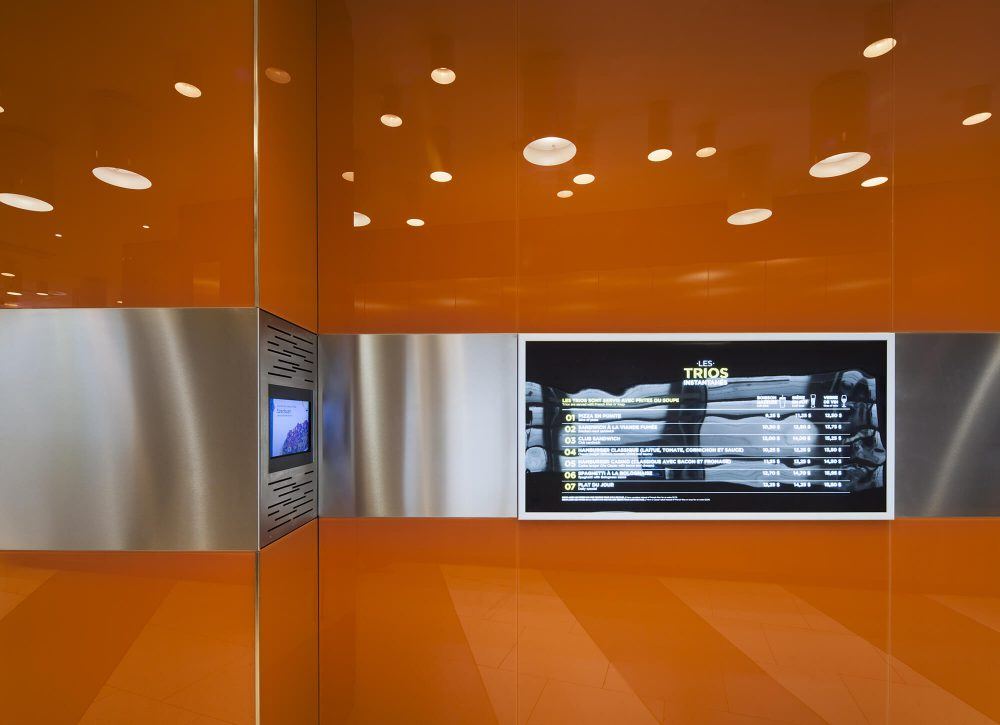
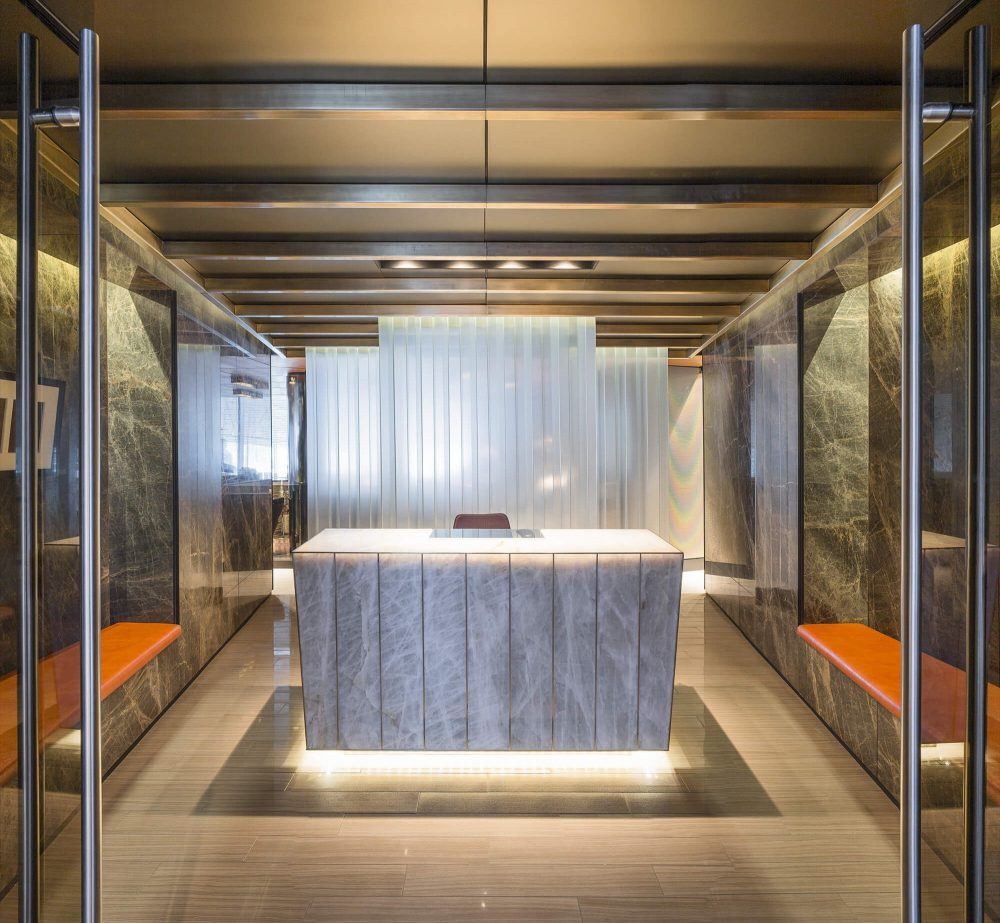
Restauration areas
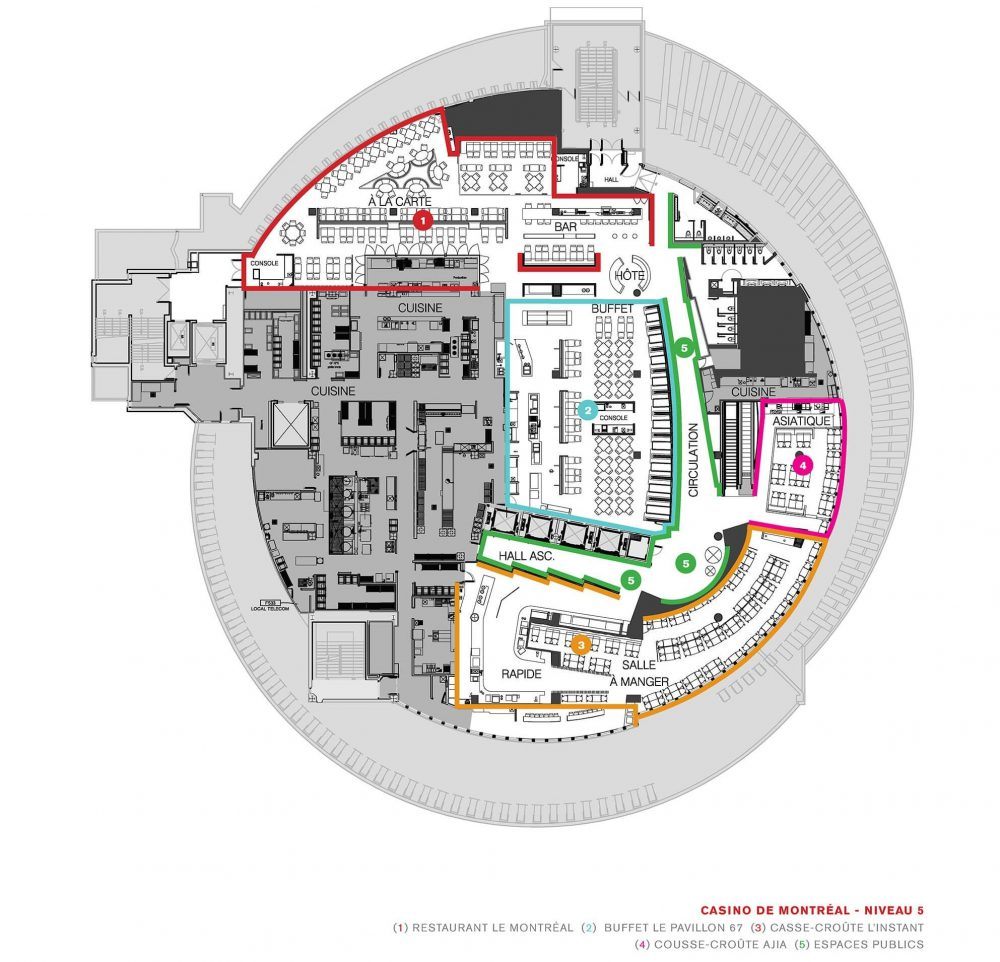
Cabaret du Casino
To attract more patrons, the Casino de Montréal has redeveloped its Cabaret in 2016 in order to increase the venue’s capacity by 500 seats and transform it into an ambitious multi-use space that can be easily reconfigured to suit the different types of events it hosts. The design of the Cabaret du Casino has also been modernized to be in harmony with the architectural vocabulary used throughout the pavilions, which were renovated in 2009. The perforated wall panels create a sparkling effect that makes the room dazzle, and recall those of the spectacular canopy over the main entrance and the partitions surrounding the game areas. Add to that the palette of blacks and golds, and the overall effect conjures up elegance and showbiz.
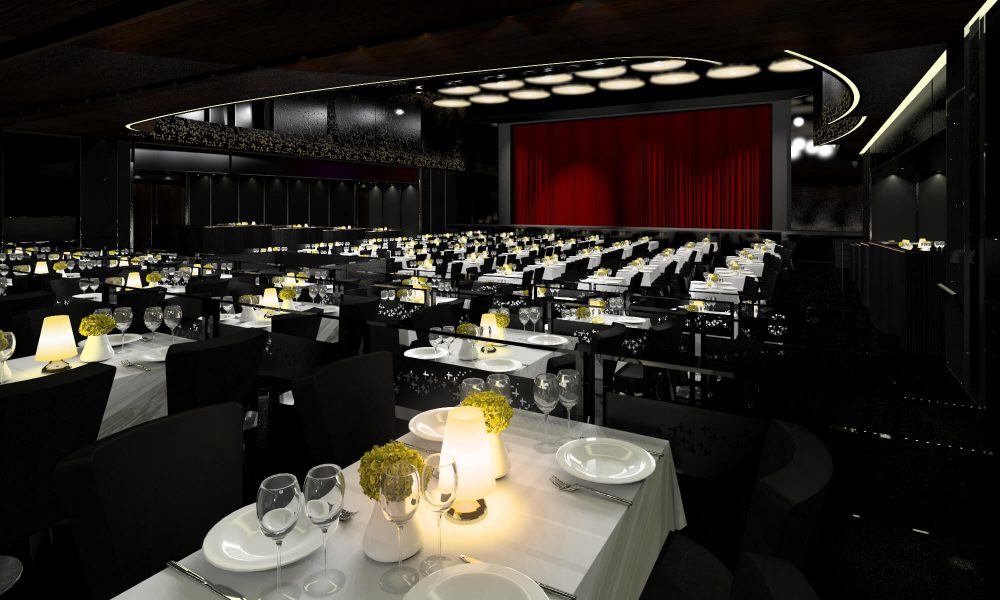
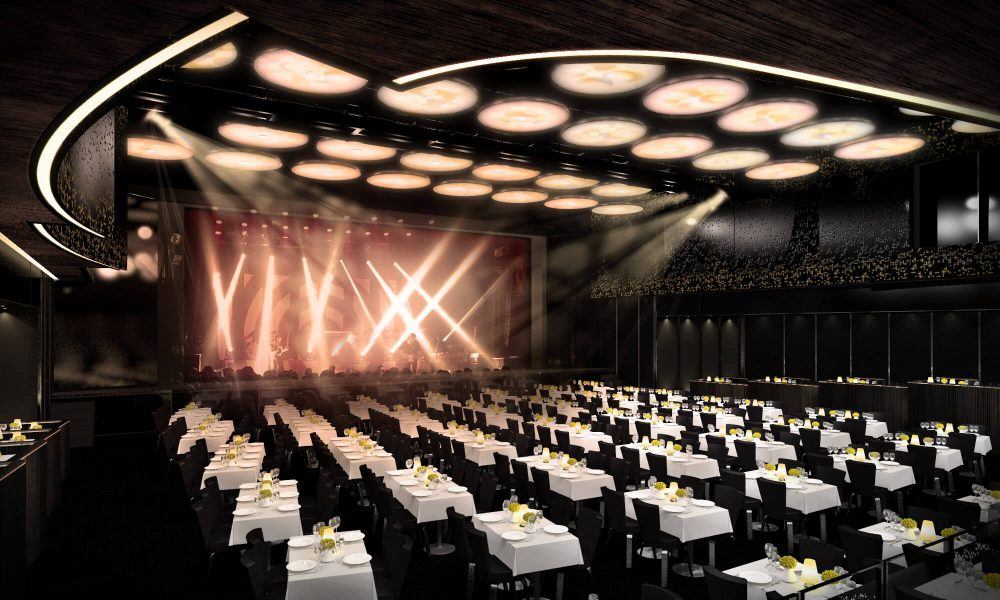
Phase I
1992-1993
This phase include the renovation and restoration of the France pavilion at Expo 67 to house the first casino in Quebec. With an area of 18,000 m², the casino includes play areas, restaurant services, bars, a banking centre and an ultra-sophisticated security center. A 1,000 space parking garage completes the project. Production of plans and construction management spanned a 10 month period. The work also included:
- Protection of the structure against earthquakes
- Pemoval of asbestos and installation of an approved substitute
- Installation of new vertical transport systems, including three high speed elevators, one freight elevator and escalators
- Installation of an electromechanical system compatible with the new use of the building
- Installation of a quality management system